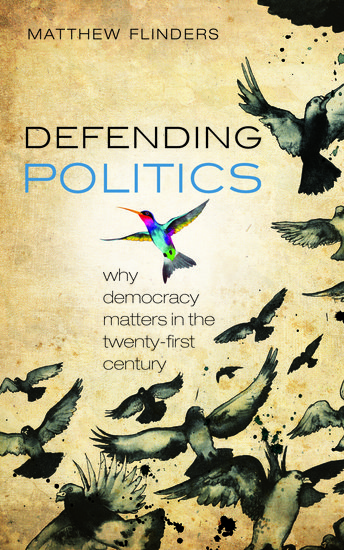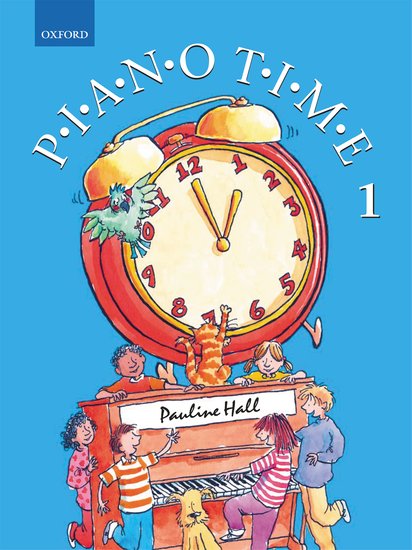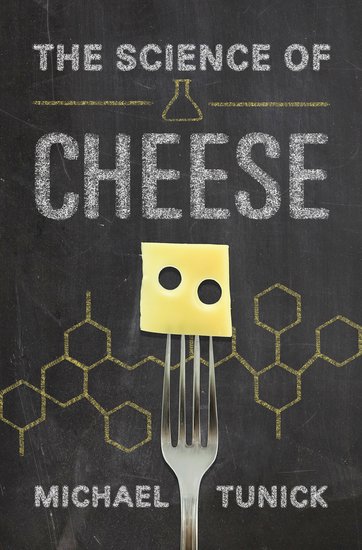Dante and the spin doctors
By Matthew Flinders
First it was football, now its politics. The transfer window seems to have opened and all the main political parties have recruited hard-hitting spin-doctors – or should I say ‘election gurus’ – in the hope of transforming their performance in the 2015 General Election. While some bemoan the influence of foreign hands on British politics and others ask why we aren’t producing our own world-class spin-doctors I can’t help but feel that the future of British politics looks bleak. The future is likely to be dominated by too much shouting, not enough listening.







